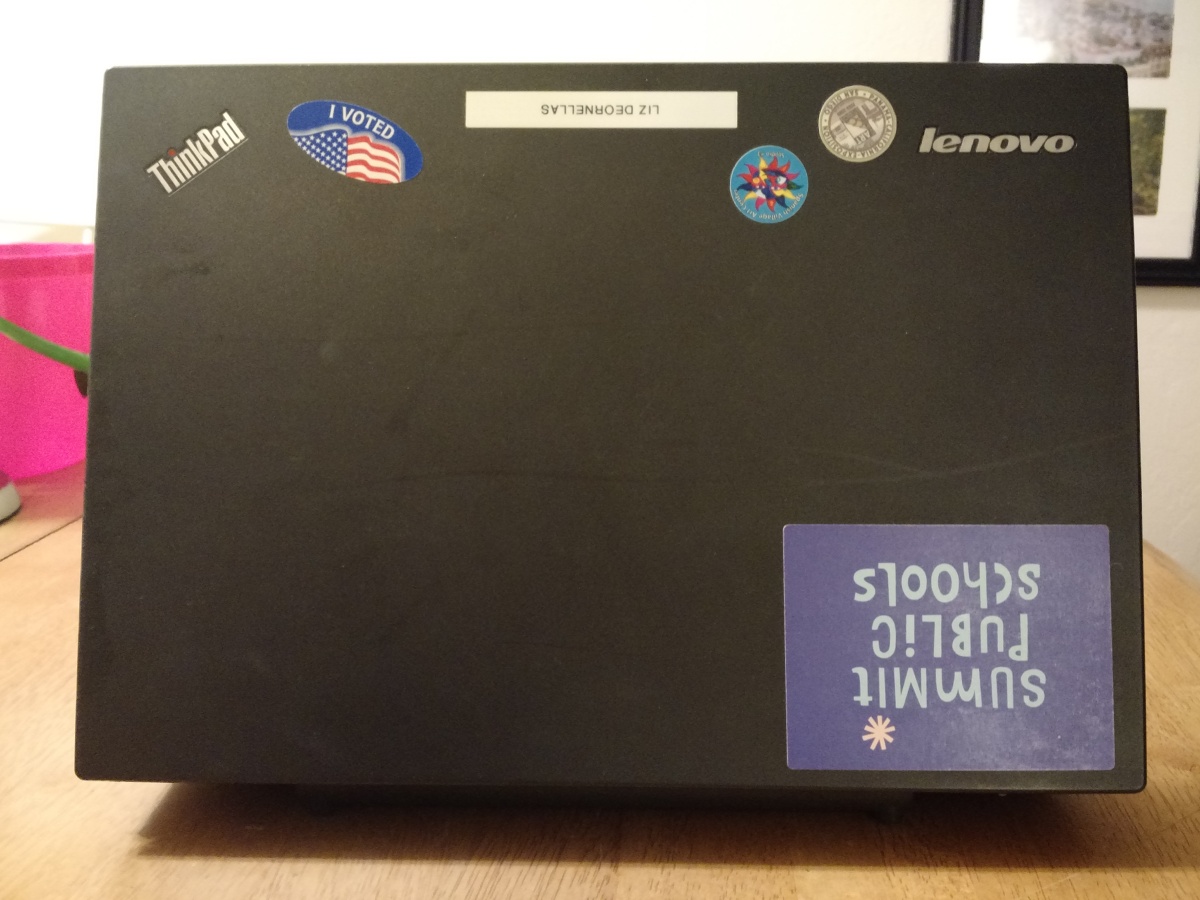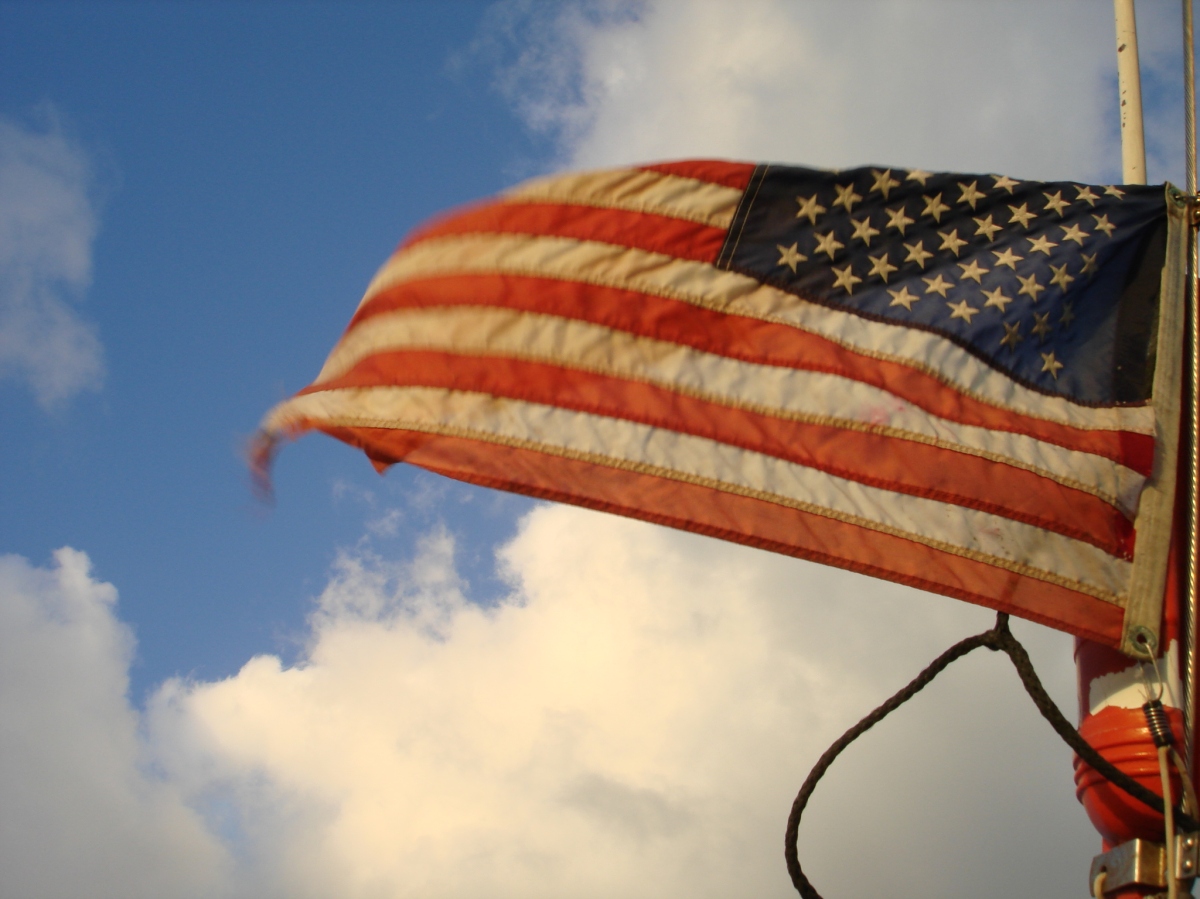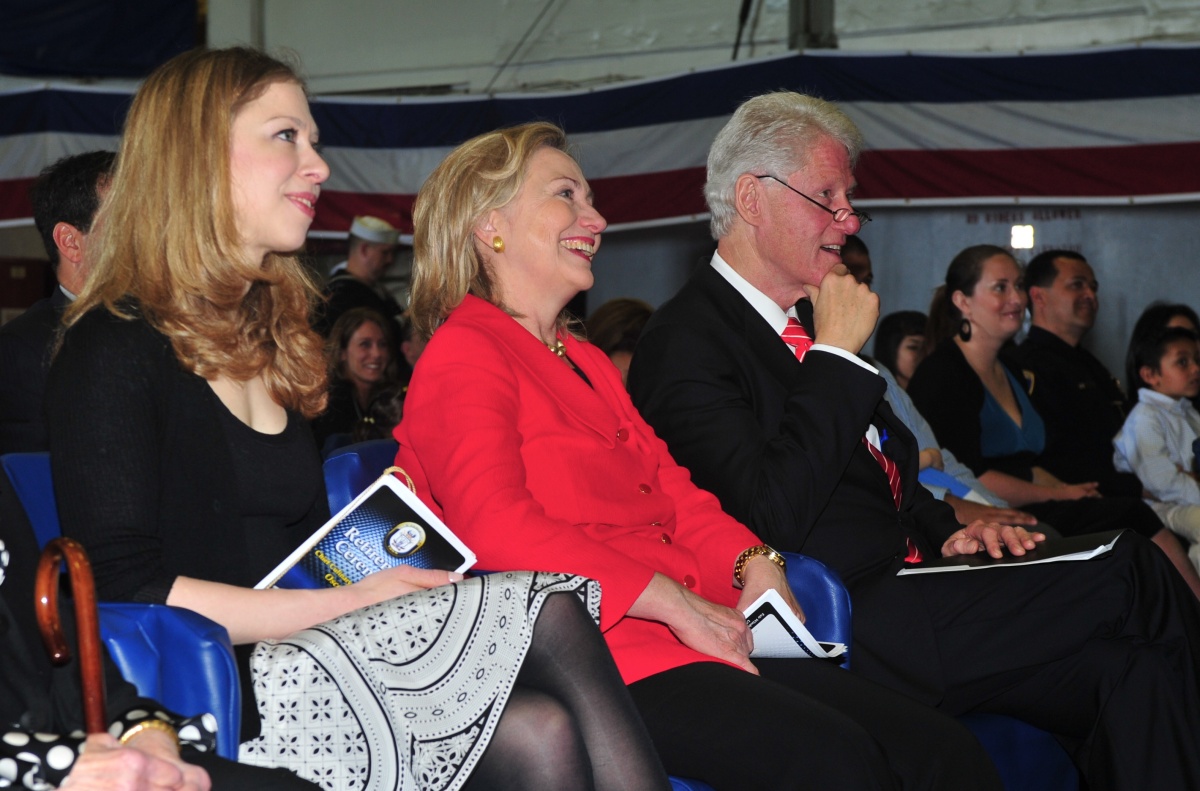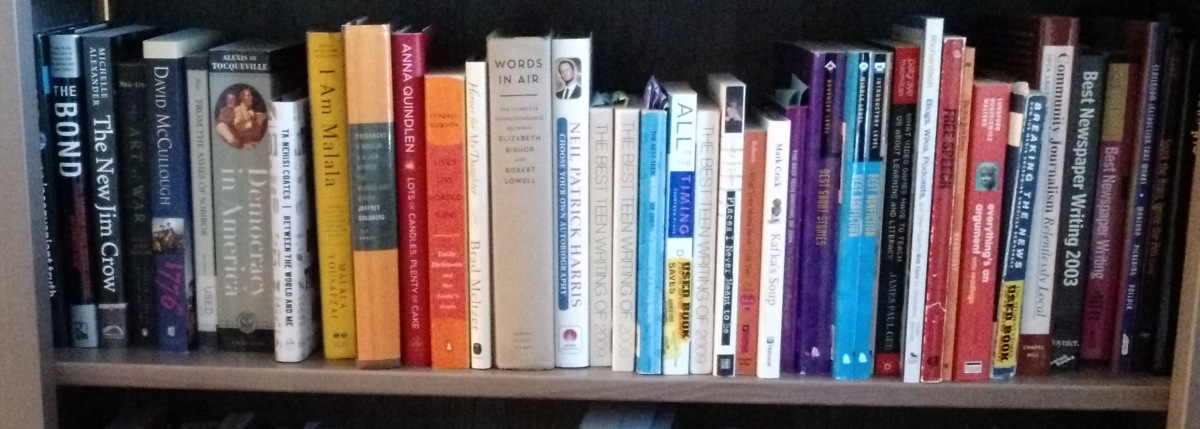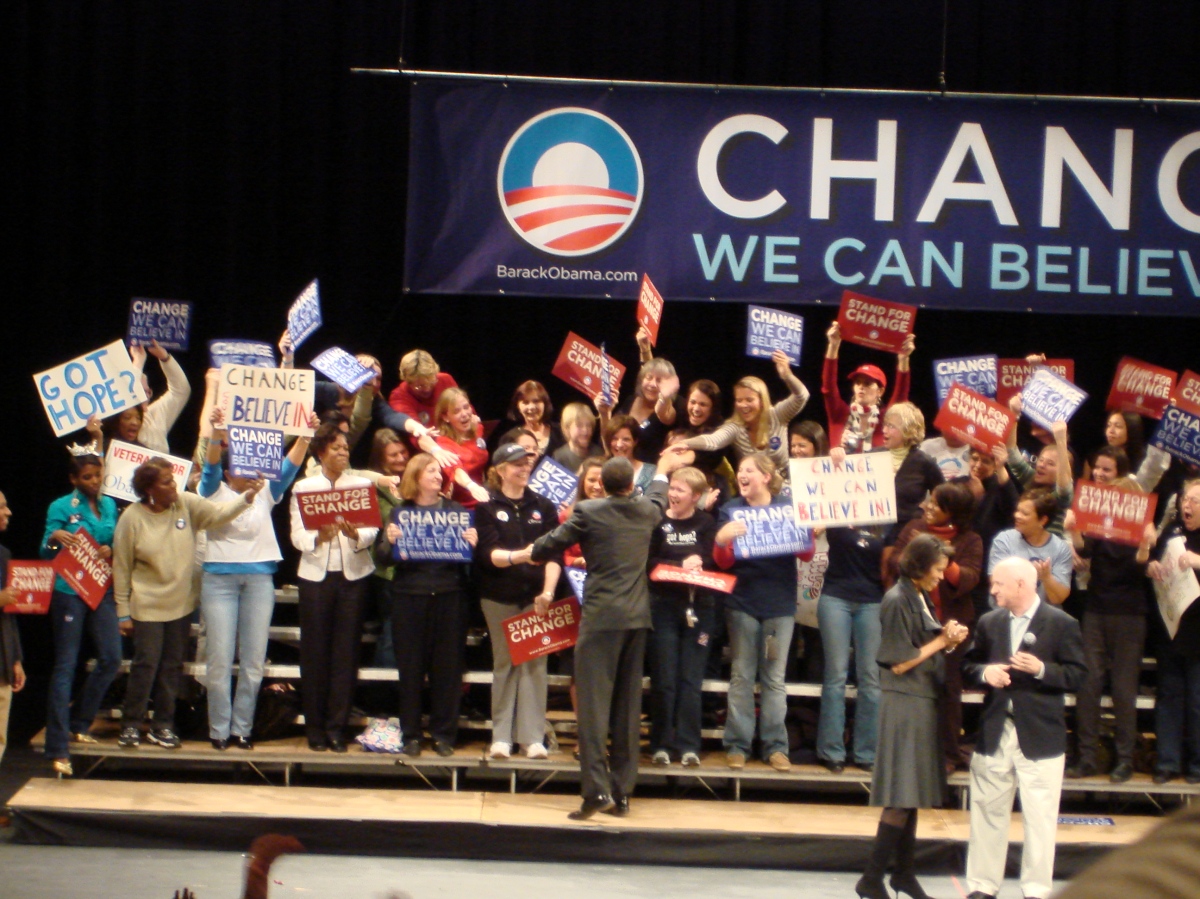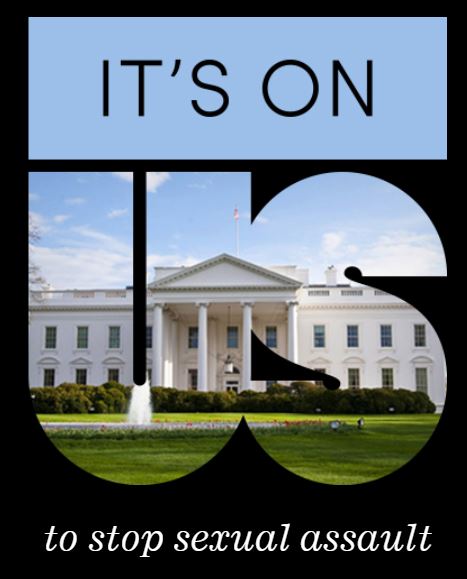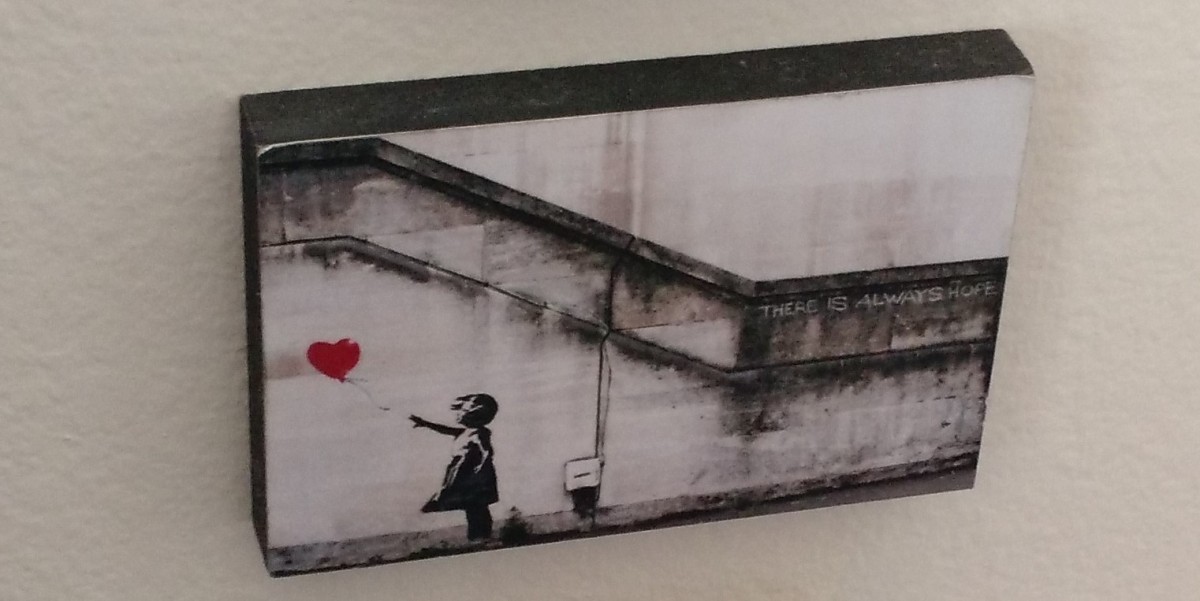On the eve of Inauguration Day 2017, I want to tell the story of the election I lost.
This is not a story I tell very often.
It is long, and it is complicated, and it is fiercely personal in the way that only a campaign can be. An election campaign turns a candidate from a private figure into a public figure. For a first timer, the loss of privacy is jarring. For a first timer who had always chosen to remain on the press side of the press / government divide, the idea that my name, photo, and platform were to appear on the newspaper’s front page seemed like an absurdity.
I had always conceptualized the press as a behind-the-scenes role. One of my best friends, a fellow Tar Heel who I met in a seminar course on chaos theory our freshman year, had taken the opposite track. She served on Honor Court for years and then ran for Student Body President as an outsider, staffing her campaign with fellow intellectuals, most of whom had more or less avoided the Student Government scene while at Carolina, preferring to spend their time working for student-run nonprofits or think tanks rather than serving in Student Congress or the Executive Branch. She had to attend endless campaign forums, hosted by any student group with enough clout to demand an appearance from presidential candidates. I had to do one press conference (for the aforementioned front page printing of my platform). I remember it as one of the most awkward experiences of my life.
The Daily Tar Heel limited its Editor-in-Chief candidates to an 800-word platform. I remember this word limit because I stuck to it. My opponent did not.

